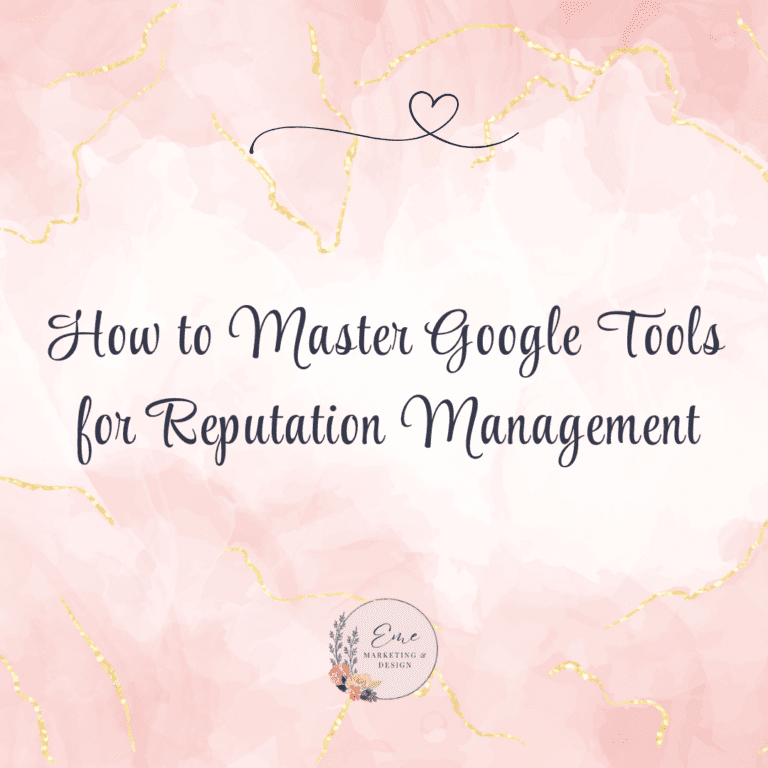
A business’s online reputation can make or break its success. With consumers increasingly relying on online reviews, social media, and search engine results to inform their purchasing decisions, entrepreneurs must actively manage and protect their online reputation. Fortunately, numerous tools are available that can streamline this process and ensure a positive online presence. In this blog post, we’ll explore the essential tools every entrepreneur should consider for effective online reputation management.
1. Social Media Monitoring Tools
Social media platforms are pivotal for brand visibility and customer engagement. Social media monitoring tools like Hootsuite, Sprout Social, and Buffer enable entrepreneurs to track mentions of their brand across various social channels in real-time. These tools provide insights into customer sentiment, competitor activities, and trending topics, allowing businesses to engage with their audience and address any issues promptly and proactively.
2. Review Management Platforms
Online reviews carry significant weight in shaping consumer perceptions. Review management platforms like Trustpilot, Birdeye, and Yotpo help entrepreneurs monitor and manage customer reviews efficiently. These tools automate review collection, analyze sentiment, and enable businesses to respond to feedback promptly, fostering trust and demonstrating commitment to customer satisfaction.
3. Search Engine Optimization (SEO) Tools
A strong SEO strategy is crucial for maintaining a favorable online reputation. Tools like SEMrush, Ahrefs, and Moz provide entrepreneurs with insights into keyword rankings, backlink profiles, and content performance. By optimizing their website and content for search engines, businesses can enhance their online visibility, suppress negative search results, and ensure potential customers find accurate and positive information about their brand.
4. Content Management Systems (CMS)
Content plays a pivotal role in shaping online reputation. CMS platforms like WordPress, Drupal, and Joomla facilitate content creation, publishing, and management. These tools offer features like content scheduling, analytics integration, and user permissions, enabling entrepreneurs to maintain a consistent and impactful online presence through informative blogs, customer testimonials, and engaging social media posts.
5. Online Monitoring and Brand Mention Tools
Monitoring brand mentions and online conversations is essential for proactive reputation management. Tools like Google Alerts, Mention, and Brand24 track mentions of a business across the web, including social media, news sites, and forums. By staying informed about discussions related to their brand, entrepreneurs can promptly address issues, engage with influencers, and capitalize on positive feedback to strengthen their online reputation.
6. Customer Relationship Management (CRM) Systems
Effective customer relationship management is integral to maintaining a positive reputation. CRM systems such as Salesforce, HubSpot, and Zoho CRM centralize customer data, facilitate personalized communication, and streamline review integration. These tools enable businesses to nurture customer relationships, address concerns promptly, and leverage customer feedback to improve products and services.
7. Reputation Repair and Crisis Management Tools
Despite best efforts, businesses may face negative feedback or online crises. Reputation repair and crisis management tools like Reputation.com, BrandYourself, and Status Labs provide actionable insights and strategies to mitigate reputational damage. These tools offer reputation analysis, action plans, and crisis response templates, helping entrepreneurs navigate challenging situations and rebuild stakeholder trust.
8. Analytics and Reporting Tools
Measuring the effectiveness of reputation management efforts is crucial for ongoing improvement. Analytics tools such as Google Analytics, Cyfe, and Brandwatch provide entrepreneurs with actionable insights into website traffic, social media engagement, and online sentiment. By tracking key metrics and performance indicators, businesses can assess the impact of their reputation management strategies, identify areas for improvement, and make data-driven decisions to enhance their online reputation.
Conclusion
Managing your online reputation is a multifaceted endeavor that requires the right tools and strategies. By leveraging social media monitoring tools, review management platforms, SEO tools, CMS platforms, and other essential tools, entrepreneurs can effectively monitor, protect, and enhance their online reputation. Maintaining a positive online presence strengthens customer trust and loyalty and contributes to long-term business success in an increasingly digital marketplace.
Call to Action
Ready to take control of your online reputation? Explore these essential tools, implement a comprehensive reputation management strategy, and ensure your business maintains a positive online presence. Your reputation is invaluable—protect it with the right tools today.
Be sure to stop by our Resource Library for checklists and additional education materials!




